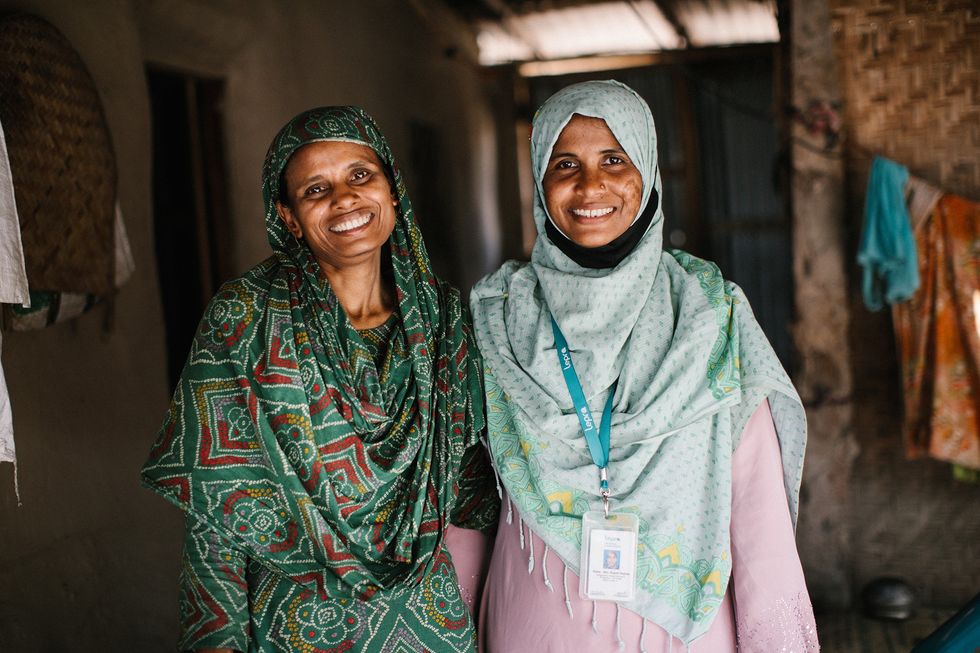A recent study by researchers from University College Cork's School of Public Health sheds light on the association between obesity and poorer mental health, particularly among women.
The study, published in PLOS ONE, examined data from over 1,800 adults aged 46 to 73, focusing on BMI scores and mental health indicators. The researchers sought to provide concrete evidence for the often-suggested link between obesity and depression, particularly in older individuals.
Participants, volunteers from a primary care centre, underwent comprehensive assessments, including medical record reviews, blood sample analysis, and measurements of weight, height, and waist circumference used to calculate BMI.
Lifestyle, demographic information, and other health factors were also gathered through participant-filled forms.
Upon analysing the data, the researchers discovered a significant association between higher BMI, indicative of obesity, and reports of depression and lower well-being. Intriguingly, this connection was more prominent among women than men, a finding consistent with prior research.
To assess mental health, the scientists employed the 20-item Center for Epidemiologic Studies Depression Scale and the World Health Organization's Five Well-Being Index in their study.
Prior to the commencement of the research, participants underwent an overnight fasting period, during which blood samples were collected to measure fasting glucose and glycated hemoglobin levels.
In addition, the researchers obtained data on participants' height, weight, and waist circumference, allowing for the calculation of Body Mass Index (BMI).
Furthermore, the physical symptoms stemming from obesity, including joint pain, back pain, and fibromyalgia, were identified as potential contributors to depressive symptoms.
Experts, including psychologists like Eva Panigrahi, emphasse the existence of a biological link between obesity and depression, suggesting a cyclic relationship involving negative physiological and psychopathological factors.
The study not only contributes valuable insights into the mental health challenges faced by older individuals with obesity but also underscores the need for targeted interventions.
The researchers posit that the mental health implications of obesity likely stem from a combination of social and physical factors. They highlight the prevalence of social stigma, prejudice, and discrimination faced by individuals with obesity, factors that can contribute to the overall well-being of these individuals.
Moreover, the study aligns with existing research demonstrating various health issues associated with obesity, ranging from joint and back pain to cardiovascular disease.
In conclusion, the researchers advocate for targeted interventions by healthcare professionals, emphasizing the importance of incorporating weight management assistance to address the dual impact of physical and mental well-being in the older population struggling with obesity.

















 Natural beauty and architectural splendourGetty
Natural beauty and architectural splendourGetty Peaceful waters and stone-built aqueductsLancaster Canal Trust
Peaceful waters and stone-built aqueductsLancaster Canal Trust
 Diljit Dosanjh and Prabal Gurung attend the 2025 Met GalaGetty Images
Diljit Dosanjh and Prabal Gurung attend the 2025 Met GalaGetty Images 
 Firoza and RupaliTom Bradley
Firoza and RupaliTom Bradley
